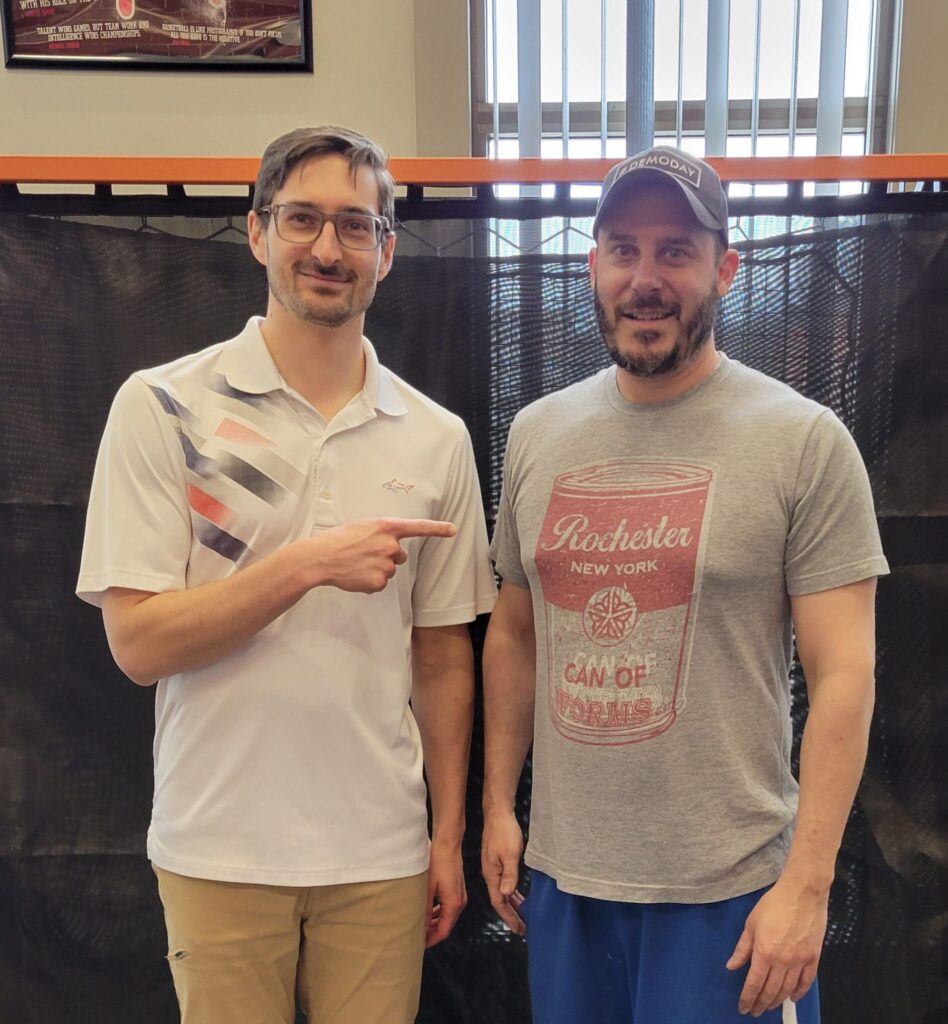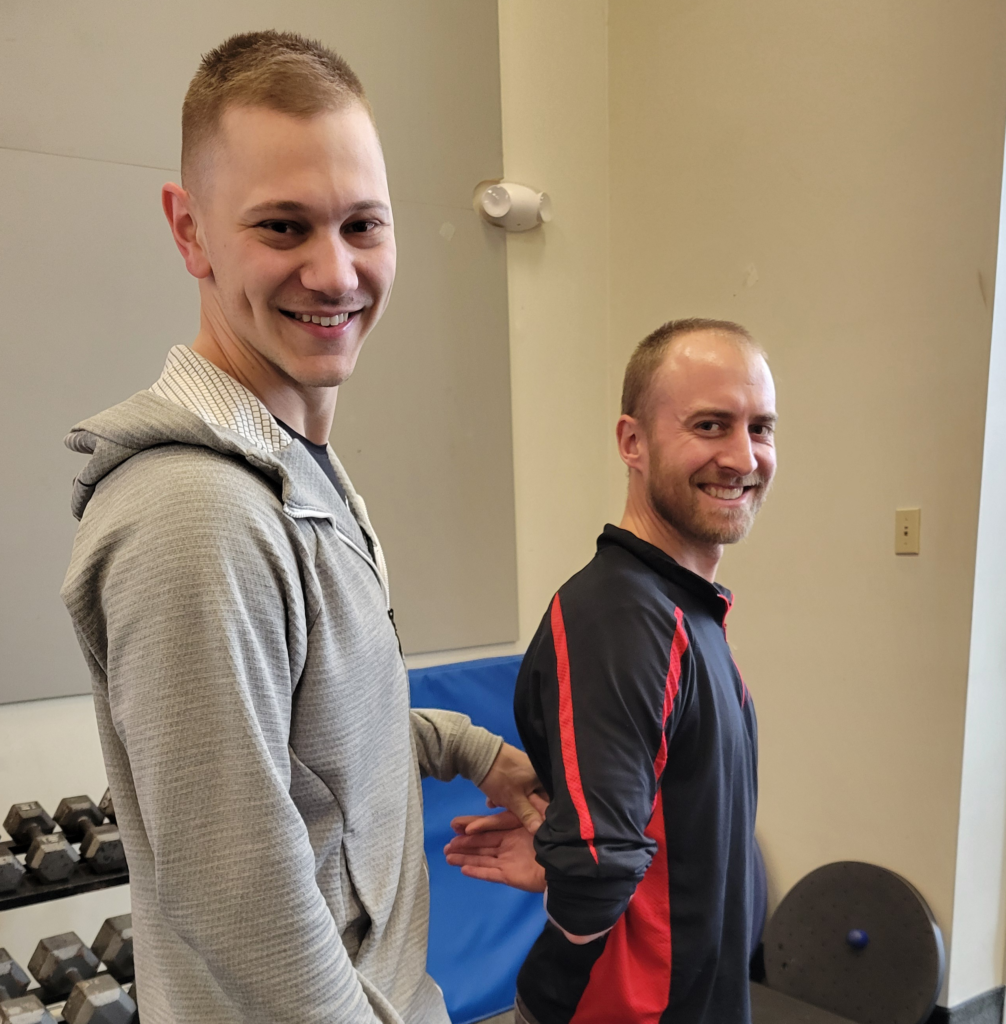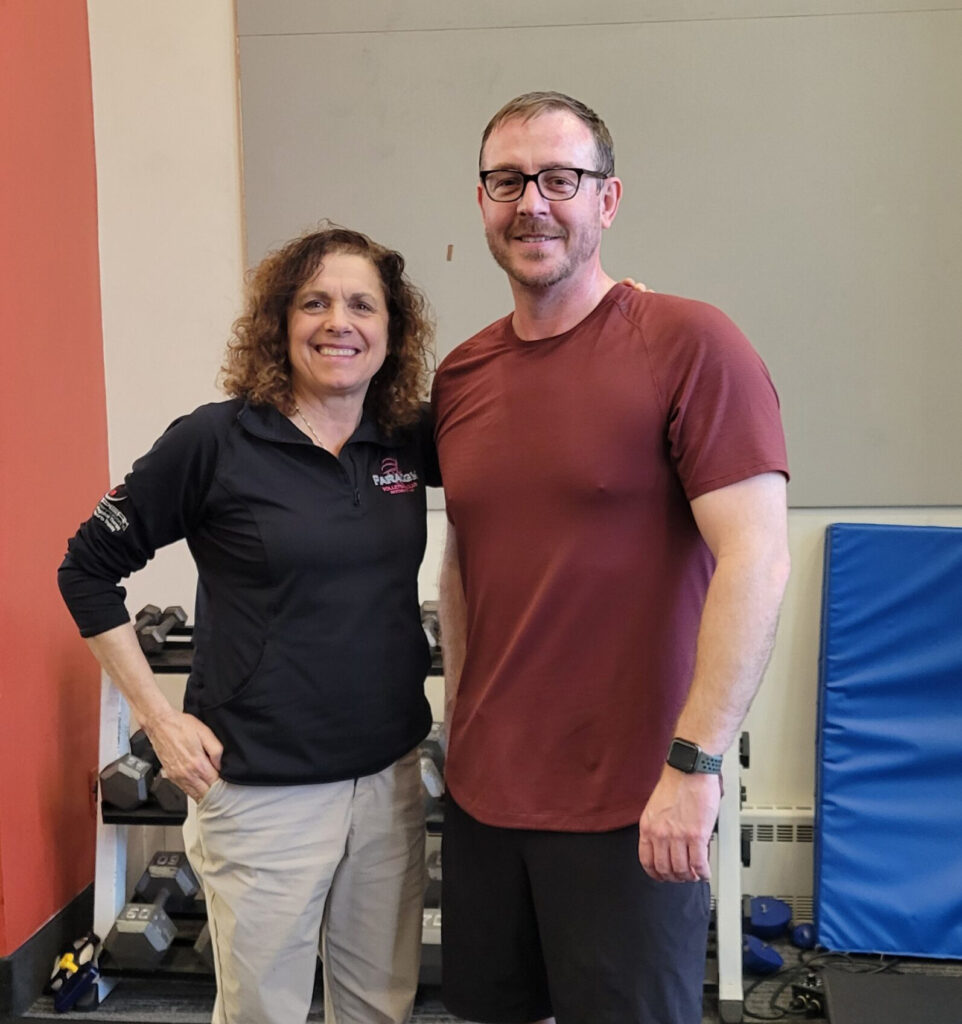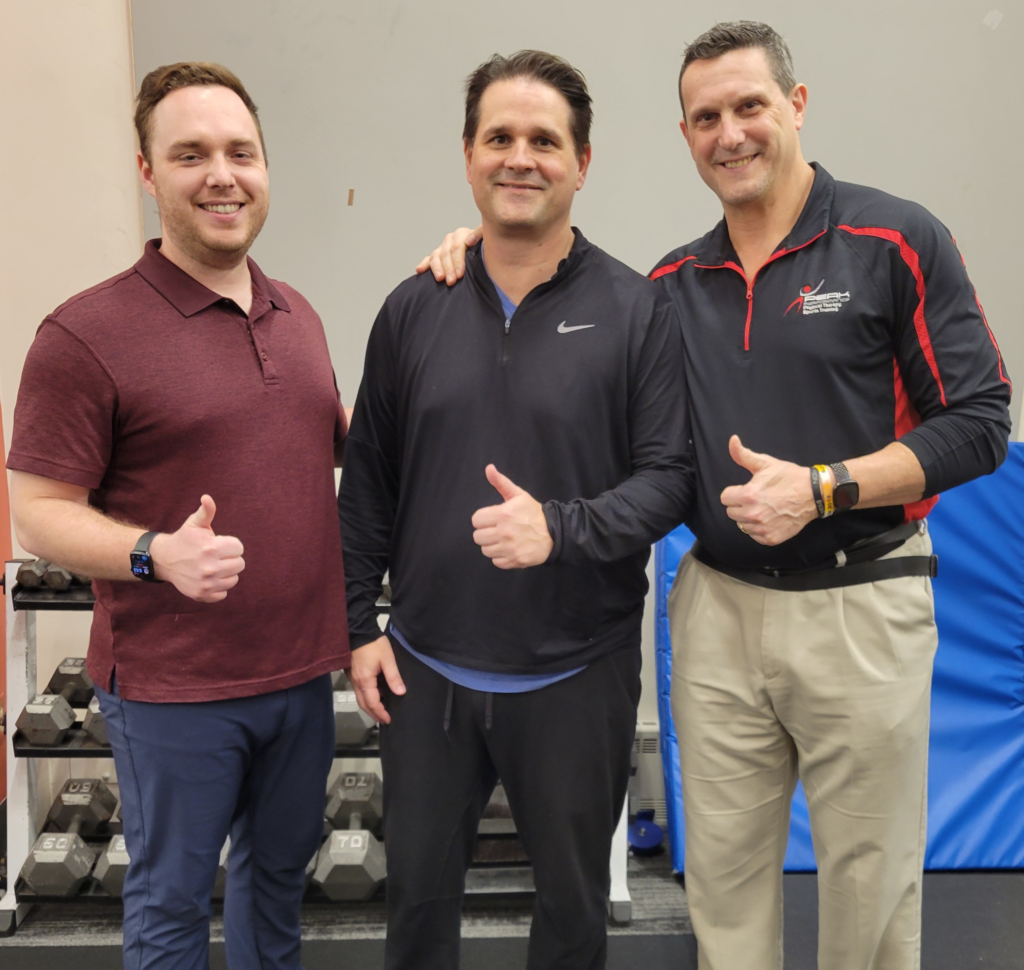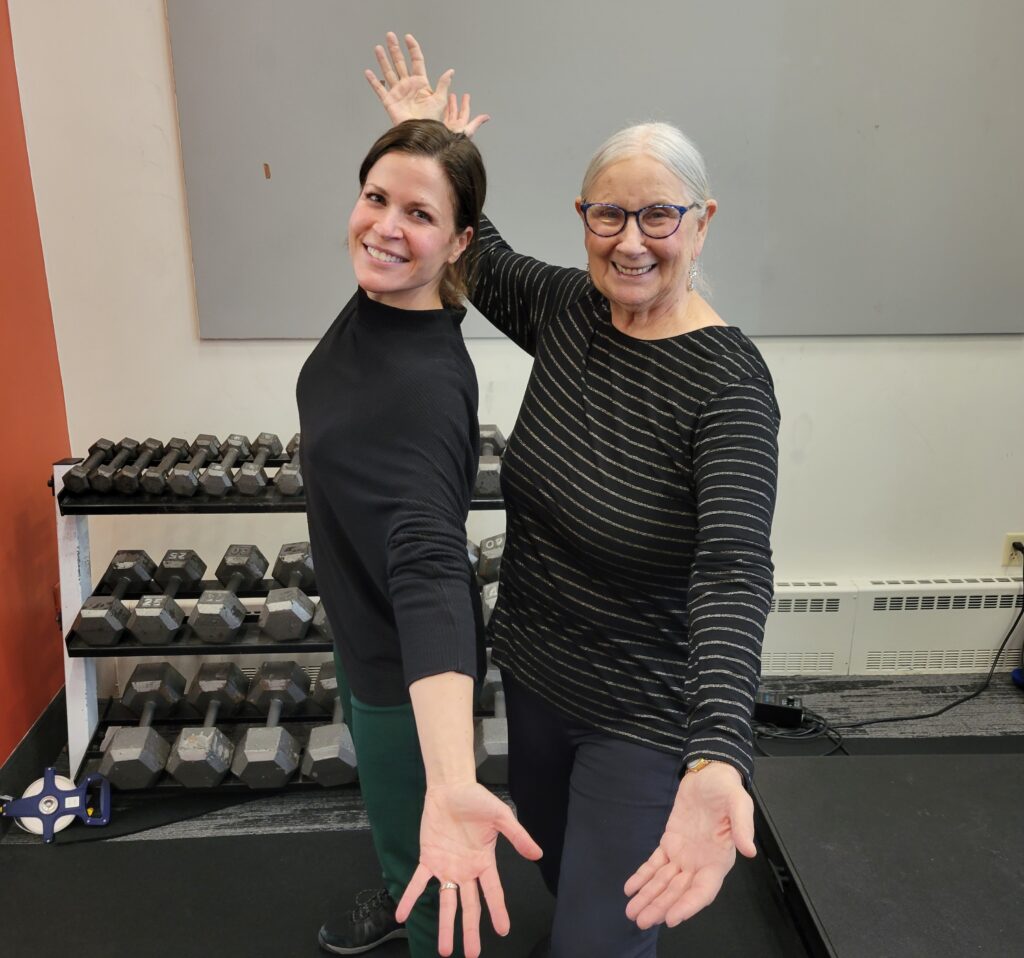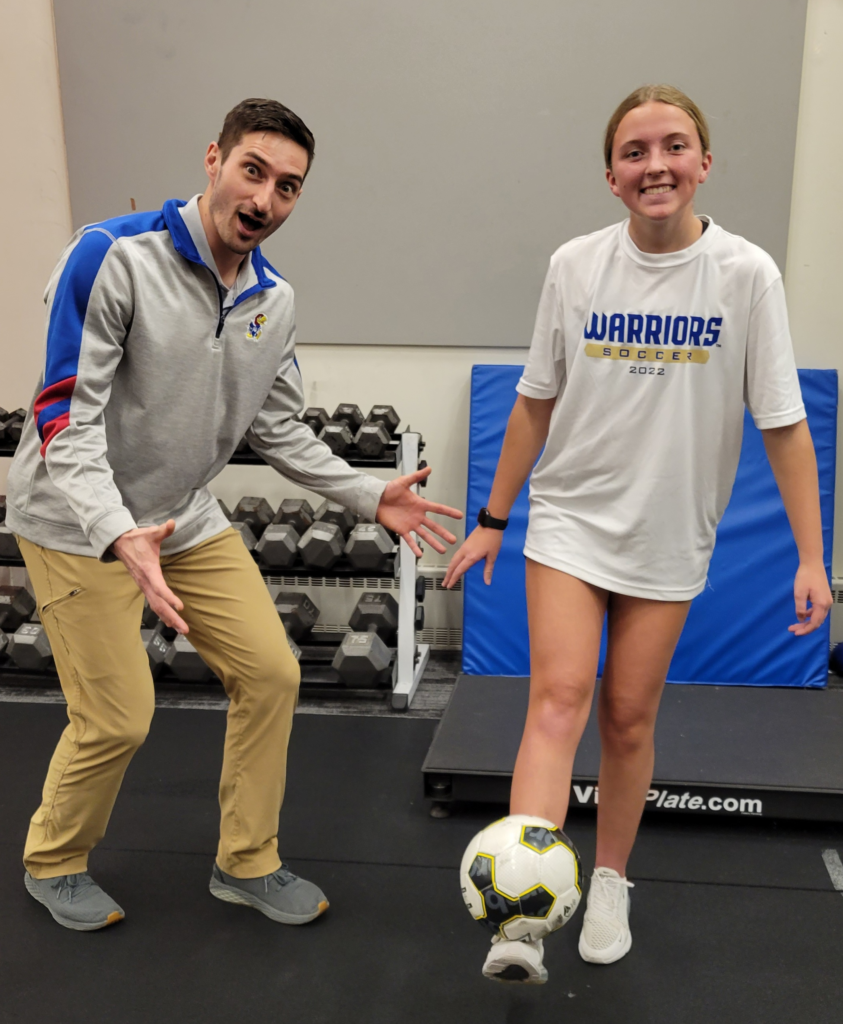According to a list recently compiled by the North American Spine Society:
The NUMBER ONE thing spine patients and physicians should question is having an MRI during the first SIX weeks of back pain.
Research shows that it is most often unnecessary and will not make your back pain go away more quickly. It is important if you have back pain to understand why you may or may not need an MRI.
An MRI can create an image showing certain structures in your back such as muscles, discs, and nerves – but it’s especially good at showing “soft” tissues (vs hard bony tissues) The physician reviewing the MRI may see things like changes in a disc or joints often described as a bulge or degeneration or narrowing.
The real question is – what do these findings mean? Do they mean you’ve got real, recent “damage”? Does it mean that the issues noted on the MRI are causing the symptoms you’re having now?
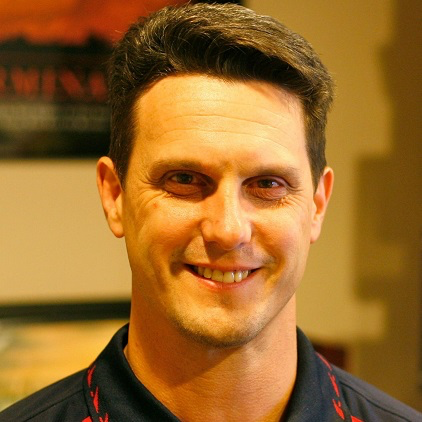
The problem is, that while you’re often able to see a variety of age-related or activity–related changes, it does NOT necessarily mean your pain is coming from that tissue. For some, that’s a hard truth to get around. Hard to understand. Usually, we think of an X-ray (plain film) like when someone has a broken bone (fracture). The problem you see on the film is exactly the problem causing the pain or deformity. For MRI’s we now know that it’s not quite that simple. Many people have these sorts of changes happening in their spine but have no pain. These may be changes that have happened over time, not necessarily on the day your pain started. Is MRI Necessary for Lower Back Pain?
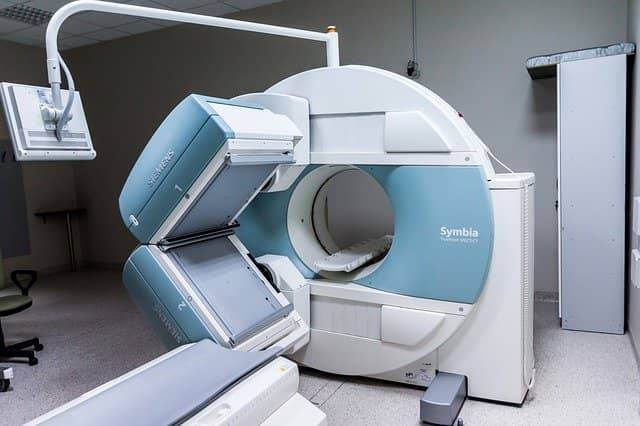
If you have tight muscles, difficulty moving, weakness, or muscle spasms, you may not be able to get a definitive diagnosis by looking at a standard MRI. The current evidence suggests that in most cases, despite patients often thinking that an early MRI will “tell us what’s wrong”, the truth is that it can actually be misleading.
In most cases of low back pain the best thing to do early on is conservative care like physical therapy. There are certain cases, if your symptoms are severe, causing changes in bowel and bladder function or certain neurologic symptoms like extreme muscle function loss that your physician may order an MRI to more specifically evaluate the cause. This is also true if non-invasive care has failed and the physician is at a point that may warrant surgery or spinal injection.
Otherwise, findings on an MRI will not necessarily change your course of care or treatment for your condition. A physical exam in the office including such things as movement testing to determine what provokes or relieves your symptoms, postural assessment, and biomechanical screening for underlying causes usually tell us more about what treatments will work better for you than an MRI.
It’s crucial, despite all the advances in technology, that patients remember that we cannot treat a film or a diagnosis name – we’re treating a human person, an individual with a unique presentation on testing, a unique history and medical/health status, and unique goals.
Get the Help You Need at Peak Performance
Remember: there is no one-size-fits-all approach to healing. Your treatment should be individualized based on the above exam findings, and also based on your unique history and recovery goals.
If you have back pain and your physician does not recommend an MRI immediately, don’t worry. Remember that an MRI is a test that will most likely not change your treatment or speed your recovery. Try to follow the advice that your healthcare team gives you to get back to pain-free living as quickly as possible!
Do you need relief from lower back pain? Schedule an appointment with Peak Performance. Our back pain expert physical therapists can help you reduce your pain and improve your mobility so you can get back to enjoying life to its fullest.
Don’t wait – call us today!

